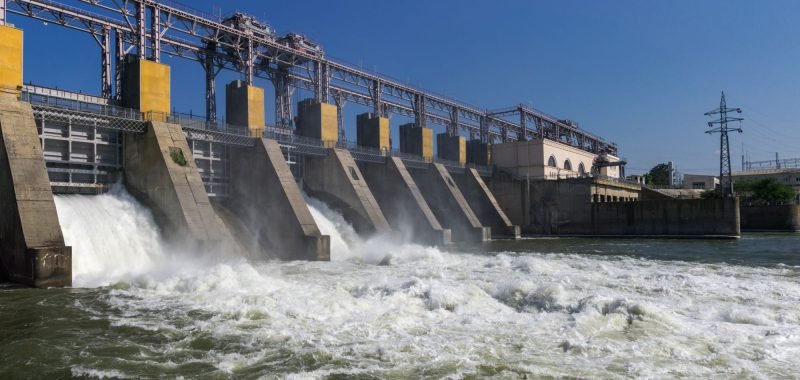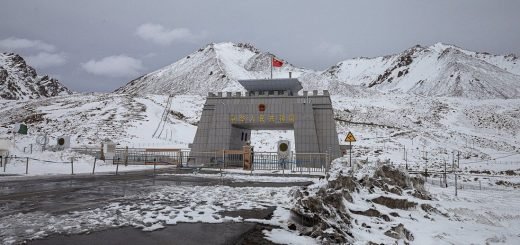Azad Pattan Hydropower Project – Pakistan’s strategic move amid tensions with neighbours

Several countries have finally realised the importance of infrastructure for the economic development of the country, and Pakistan is on the list too. With a series of Hydro-Power deals in hand, the country is taking every advantage of its ties with China, and taking every action to bring its ‘Power Project” – The CPEC into the limelight. The recently signed Azad Pattan Hydel power project on the Jhelum River, at Pakistan-Occupied Kashmir, marks the beginning of a mature phase for the “China- Pakistan Economic Corridor”, which is under the umbrella of the China-proposed Belt-Road Initiative (BRI).
The binding agreement for the 700.7 Mega Watts Azad Pattan Hydropower Pact was signed as a breakthrough project for the Chinese Gezhouba Group, the investor in the project.
Timeline
Pakistan has been signing a string of Hydropower deals with China through a short span of two months. On June 25, Pakistan Kohala Project was signed as a part of the CPEC programme, that will come on river Jhelum at Muzzafarbad. The CPEC states this project a “Tripartite” agreement between China Three Gorges (CTG) Corporation, the Government of PoK and a Private Power and infrastructure board, also sponsored financially by the International Finance Corporation and Silk Road Fund.
This project can be quoted as the single big investment of China in Pakistan Occupied Kashmir, which is expected to be completed by 2026. Pakistan’s work and association with the CTG can be dated back to 2008, which was later made a part of CPEC in 2014. The two countries also signed The Karot Hydropower Station Project being executed by China, on the Jhelum River which according to CPEC sources will be completed by 2021. The recently signed pact is also expected to level up the game for Pakistan economically, with a furry of cheques from China.

Cost-Debt Equilibrium
With so many projects brimming for the country, success stands at how the two countries come to a binding agreement on cost-related indices. China has been proactively lending its help to Pakistan, but the country’s credibility has been put in stake when China and Pakistan had drifted views over the Diamer Basha Dam (DBD) and Kohala Project. The on-going surge in attacks by Baloch Separatists in Kashmir and opposition of people in Gilgit-Baltistan and Sindh regions has increased the risk of profitability of the project. This comes in echo with the questions raised by people in Sindh relating the “Feasibility, Tenability and Profitability of the Dam”. India also objected the Daimer Basha Dam stating it is to be built in an illegally occupied territory, where Pakistan has no right of construction of anything.
Through the range of these projects, Pakistan is expecting to widen itself on an economic front alongside serving as potential sources of power and water to the country. These projects can invariably strengthen strategic ties for the two countries. After sustained efforts by the World Bank and China; Pakistan was economically well-benefitted by the funds it has been receiving from international institutions. The Belt Road Initiative is brimming with debt initiatives that can lead China to an insecure place in the world order. With a series of such pricey projects, in an expectation of debt relief from China, Pakistan is involving itself in a deep debt spiral that can collapse the whole economic system of the country, given the cost and tenability of the project.



















